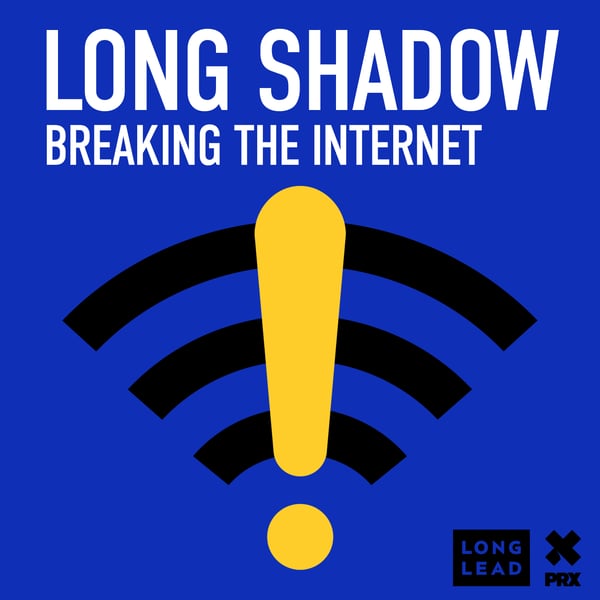Why weren’t more people rescued from the Twin Towers?
Long Shadow
Long Lead & PRX
4.8 • 1.9K Ratings
🗓️ 18 August 2021
⏱️ 46 minutes
🧾️ Download transcript
Summary
After both towers of the World Trade Center were hit on September 11, 2001, first responders coordinated the largest emergency response in New York City’s history. But their heroism at Ground Zero was hampered by institutional bureaucracy and ultimately undone by decisions made decades earlier, when the Twin Towers were built.
So why did these iconic structures and architectural marvels fall so fast? Could more people have been rescued from the towers? And could some of those deaths have been avoided?
Transcript
Click on a timestamp to play from that location
| 0:00.0 | A warning for listeners. Throughout this podcast, we have audio from 9-11 itself, |
| 0:06.3 | plus recreations of the day's events. It's important history to hear, but it can also be disturbing. |
| 0:23.8 | A major stormfront swept across the east coast on the evening of Monday, |
| 0:28.5 | September 10th, 2001. It brought behind it a high pressure ridge of dry Canadian air |
| 0:36.4 | that created a unique meteorological phenomenon that pilots call severe clear. |
| 0:44.0 | What that meant was that when the next warning dawned Tuesday, September 11th, |
| 0:50.7 | the sky up and down the east coast was blue, bright blue. |
| 0:59.0 | Firefighter Jay Jonas had worked the overnight shift with latter six, his FDNY unit |
| 1:05.2 | in Manhattan's Chinatown. It's like the air was scrubbed clean. The sky was so blue and |
| 1:12.0 | hearted your eyes looking at it. It was so dramatic that every time I see a sky like that, |
| 1:20.4 | I call it a September 11th sky. Good evening ladies and gentlemen, this message is for |
| 1:26.8 | our passengers traveling on our region. At Logan International Airport in Boston, |
| 1:31.7 | passengers were trickling on to American Airlines, Flay the 11th, a Boeing 767 scheduled to arrive |
| 1:39.5 | at LAX, later that morning. The plane left Boston at 7.59 AM, with |
| 1:56.0 | 92 people on board. The last word from the pilots came at 813 for a routine check-in. |
| 2:09.6 | Exactly what happened next is not fully clear, but within a few minutes, |
| 2:15.0 | air traffic controllers noticed something was off with the flight. |
| 2:19.0 | The plane now appeared to be flying low. Then it started banking to the right, |
| 2:24.9 | veering off course. Controllers tried reaching the cockpit again. |
| 2:41.9 | At the time, plane hijackings were rare, but common enough that there were established response |
| 2:47.5 | procedures that unfolded with a certain grim rhythm. To this point, hijackings had rarely |
| 2:54.4 | resulted in civilian casualties, and never before had the hijackers ever actually commandeered the |
... |
Please login to see the full transcript.
Disclaimer: The podcast and artwork embedded on this page are from Long Lead & PRX, and are the property of its owner and not affiliated with or endorsed by Tapesearch.
Generated transcripts are the property of Long Lead & PRX and are distributed freely under the Fair Use doctrine. Transcripts generated by Tapesearch are not guaranteed to be accurate.
Copyright © Tapesearch 2026.

